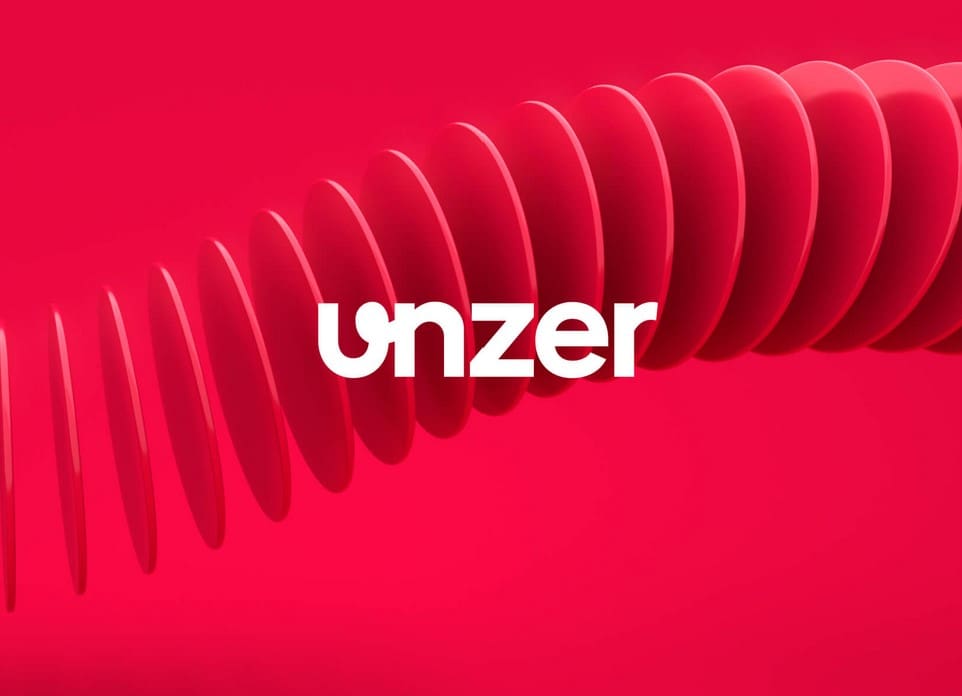The German regulator BaFin conducted a special audit at payment service provider Unzer. According to insiders, the regulator will soon impose a substantial fine on the payment processor. According to a report in the German Manager Magazine, Bafin could even impose a ban on new business, as it had already done with N26. In addition to money laundering deficiencies, Unzer had business dealings with German businessman Ruben Weigand, who was convicted of running a bank fraud scheme in the U.S.
The US Marijuana Case
In March 2020, the U.S. FBI arrested Ruben Weigand and the so-called “porn baron” Hamid “Ray” Akhavan in the context of a vast money-laundering scheme (report here). Akhavan was sentenced to 30 months in prison, and Weigand was sentenced to a 15 months prison term (DOJ press release). They operated a scheme to deceive US issuing banks and credit unions into effectuating more than $150 million of credit and debit card purchases of marijuana by disguising those transactions as purchases of other kinds of goods, such as face creams and dog products.
Unzer founder Mirko Huellemann had agreed to bail Ruben Weigand out, among other things, according to U.S. court documents. Huellemann withdrew from Unzer‘s management last year. Unzer was founded in 2020 as a merger of numerous specialized FinTech companies.
Money Laundering Issues
According to insiders, the background to the trouble includes deficiencies in money laundering prevention identified by Bafin. A year ago, the regulator began a special audit of Unzer and other payment service providers such as Payone and Concardis. The issue is whether the precautions against money laundering and other illegal transactions were sufficient, as several people familiar with the matter had told Handelsblatt last year.
Bafin also looked closely at the margins achieved by payment service providers in some business areas that deviate from the norm. This is a direct lesson from the Wirecard case, where this was exactly the case without Bafin noticing. Such unusual margins can indicate that a company is also accepting risky customers.
